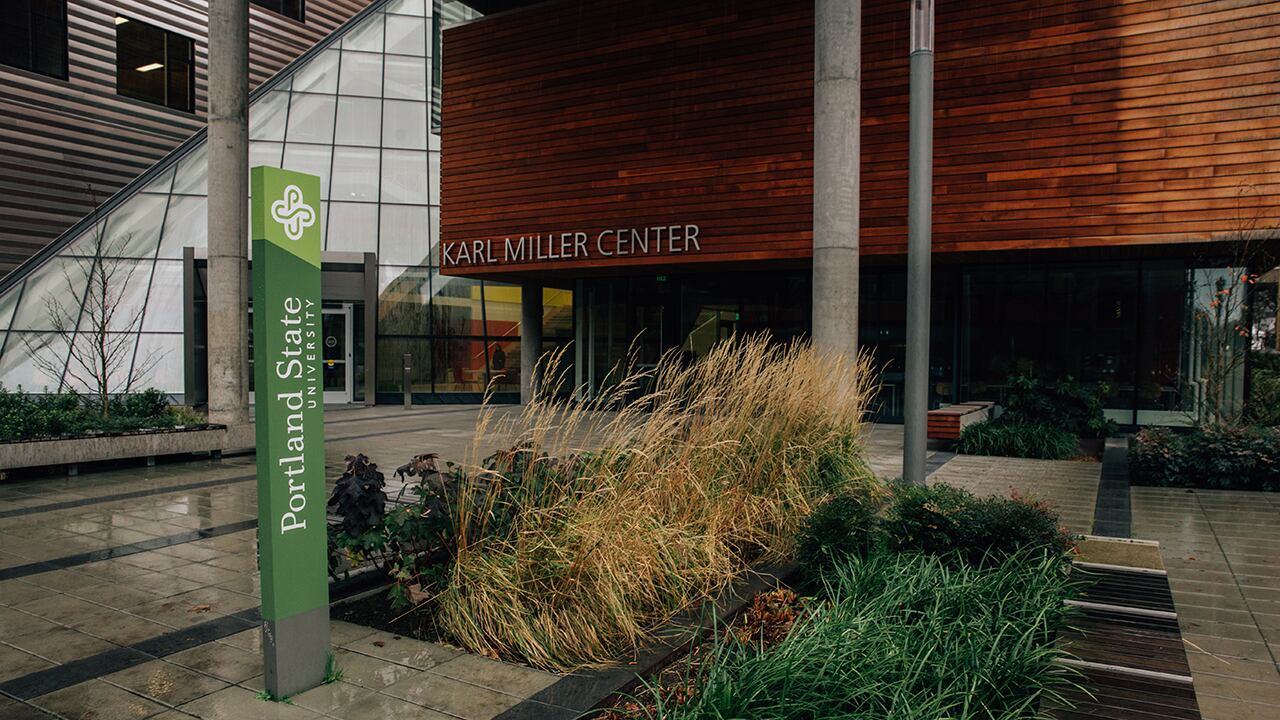In Portland, Black students are the most likely to end up with college debt and no degree.
At Portland State University in 2019-20, only 34% of Black students finished their degree, compared with 54% of white students. For Black students, that marked a 10% drop from the previous year, while white student completion rates remained the same.
At Portland Community College, the numbers were similar: 39% of Black students completed their degree while 52% of white students did.
The data doesn't include students who transferred to a university, but it still shows a steep disparity.
Damon Hickok, coordinator of the Margaret Carter Center at PCC, has been helping students overcome educational barriers for over 20 years. He frequently works with students who have left college without a degree and decided to return.
Hickok understands that Black students face a unique struggle in this country, and the data doesn't surprise him. As a Black man, he can see his younger self in these students.
"A lot of times you feel like, as a Black student, you don't necessarily belong there academically," Hickok says. "I talk to a lot of students who don't think they can do it because they've never seen anybody that did it. That's an added thing that we're battling that a lot of white students don't battle."
When students fall through the cracks and can't make it to a place like the Carter Center that can offer specific support, it can be detrimental to their future.
"It affects their confidence in life," Hickok says.
As WW previously reported in this series, Black Portlanders are more likely to struggle financially, including with food insecurity while attending college, pressuring them to place education lower on their priority list.
"If you're working to keep the lights on and you have school, working to keep the lights on is going to take priority," Hickok says. "I'll blame the colleges for some of this. We feed them these half-truths. 'If you come here, your life will be all rosy.' You go to college, but you don't know why. Everyone just tells you to. But if you don't know exactly what you're signing up for, it can be a struggle." LATISHA JENSEN.
This reporting has been funded in part by a grant from the Jackson Foundation. See more Black and White in Oregon stories here.

